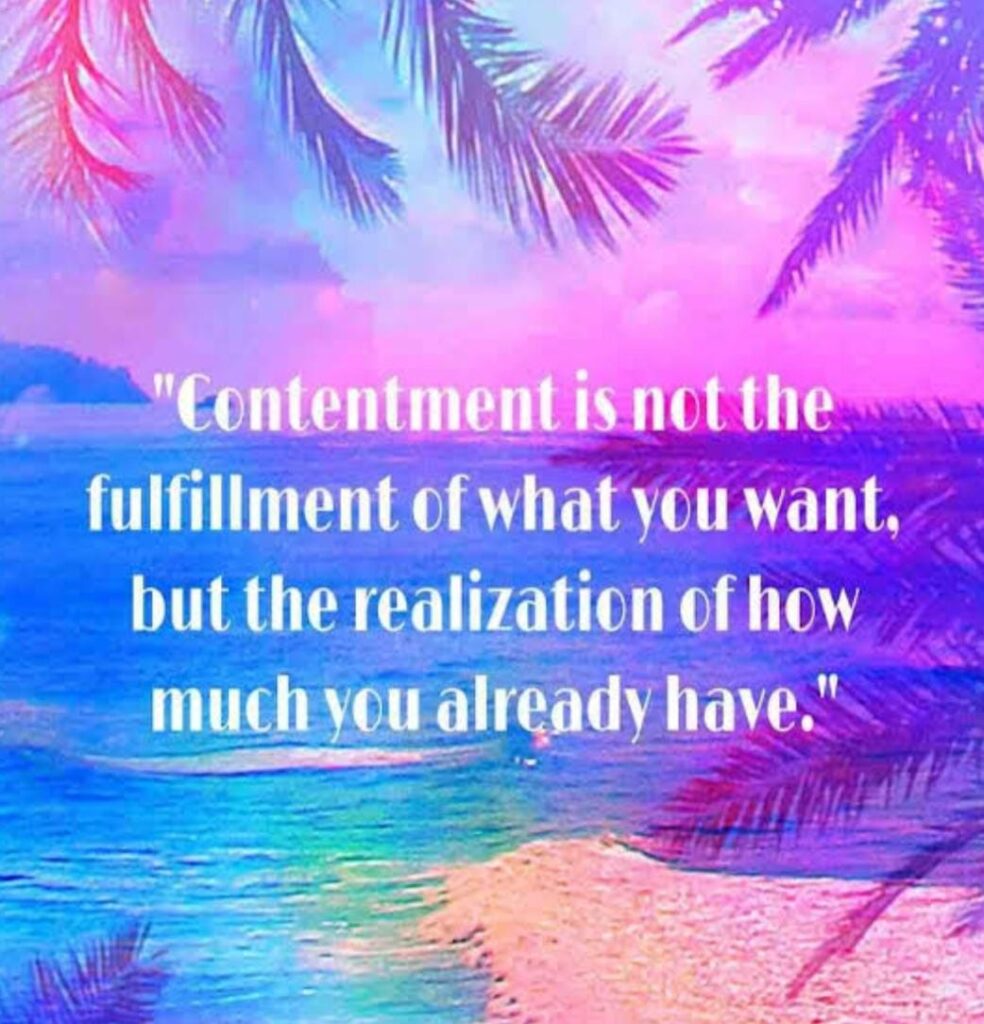3rd September, 2023
On a 17th-century tsukubai (water basin) stone at the Ryoanji Temple in Kyoto, there’s an ancient inscription where four Chinese characters are written on the stone. Read alone, these characters are of no significance. But when combined with the borders of the central square, they can be read as “ware Tada taru wo shiru,” which means “I only know plenty,” or “I only know contentment.”I only know contentment.
Isn’t that so powerful?To be content with the emotion of anger just as how you are usually content with the emotion of excitement. To be content with the state of sadness just as how you are incredibly content with the state of happiness. But how about a more poetic translation to that inscription? How about, “rich is the person who is content with who he is or what he has.” Or, how about this: “What I have is all I need.”You see, the root of all unhappiness is born from being discontent with where you are and what you have. It really is as simple as that. The root of all unhappiness is born from spending all your waking hours casting your gaze out into the distant future and looking outside your life, instead of opening your eyes to the present and looking inside it. To be content with what you have and where you are is to be grateful.To be content with what you have and where you are, while working toward what you want, and fully trusting that you can achieve it, is to be intentional. And through gratitude, intention, and action, you find happiness.
Be content & stay blessed forever.
